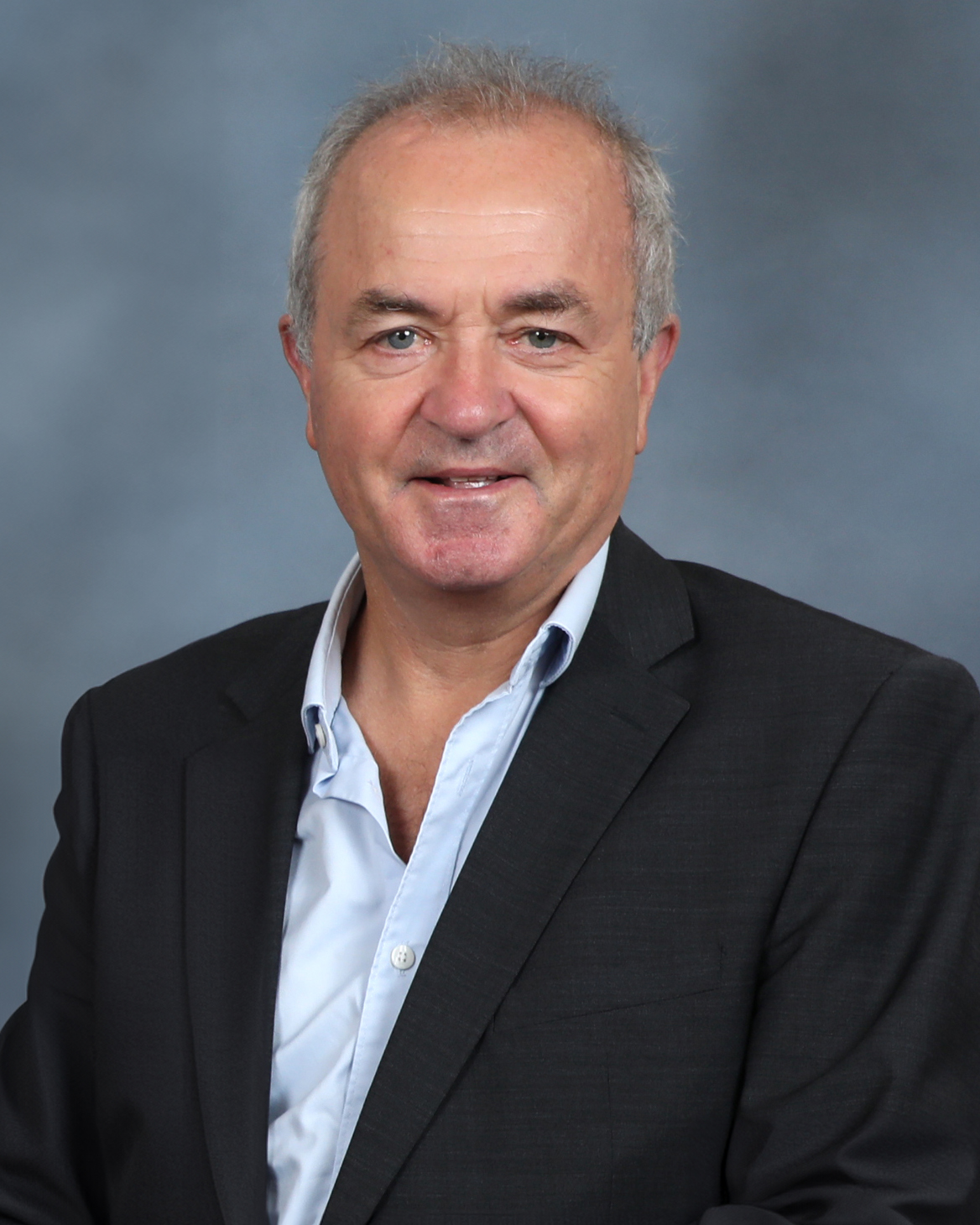
Spotlight on Farhan Bhatti, Senior Occupational Psychologist
Dubai based Leadership Strategist,Farhan talks how psychological insights becomeHigh-impact solutions
1. Tell us about yourself and your professional journey.
I have always been fascinated by what makes people thrive at work. Over the past 15 or more years, I have worked across the Middle East and beyond, helping organizations unlock the full potential of their people. As a Senior Occupational Psychologist and business leader, my journey has taken me from global consulting firms like Willis Towers Watson to leading executive assessment, leadership development, and organizational transformation initiatives in the region. Today, I am at the forefront of business psychology in the GCC, blending science and strategy to shape resilient, high-performing workplaces.
My work is driven by a simple yet powerful belief: business success is built on people, and psychology holds the key to unlocking their best performance. Whether working with senior executives on leadership capability or helping organizations create cultures that inspire and retain top talent, I am passionate about turning psychological insights into practical, high-impact solutions.
2. How would you describe the culture within your organization?
The culture I cultivate—both within my teams and with the clients I advise—is one of clarity, ownership, and psychological safety. Through my C.A.P.T.U.R.E. Model, I emphasize:
- Clarity: Helping leaders and teams define success with precision.
- Autonomy: Encouraging initiative and accountability.
- Psychological Safety: Creating environments where people feel empowered to share, challenge, and innovate.
- Task Significance: Connecting work to purpose and meaning.
- User-Centric Thinking: Placing people at the heart of decision-making.
- Resilience: Building adaptive, high-performing teams.
- Evaluation & Feedback: Embedding continuous learning and improvement.
In the fast-evolving Middle Eastern business landscape, organizations need to strike a balance between traditional hierarchical structures and modern agile ways of working. My focus is on enabling leaders to shape cultures that drive engagement, performance, and long-term success.
3. How accessible are decision-makers within your organizational partnerships?
One of the defining traits of the organizations I partner with is the shifting role of leadership accessibility. Historically, decision-making in the region has been centralized, but we’re seeing a shift toward more collaborative, transparent, and data-driven leadership.
In my experience, the most forward-thinking leaders recognize that accessibility isn’t just about being available—it’s about being present, listening deeply, and fostering open dialogue. Whether working with senior executives or high-potential future leaders, I focus on enabling better decision-making through psychological insight, structured coaching, and evidence-based leadership development.
4. What do you see as the major challenges ahead in the next five years?
The next five years will be a defining era for organizations in the Middle East. From rapid digital transformation and AI integration to evolving workforce expectations, businesses will need to navigate a complex blend of change, uncertainty, and opportunity.
Key challenges I anticipate include:
- Resilience in Uncertainty: Leaders must build resilience—not just in themselves but in their organizations—so they can thrive in volatile and ambiguous environments.
- Talent Retention & Development: Organizations need to rethink how they attract, retain, and develop talent in a world where purpose, flexibility, and growth opportunities are top priorities for employees.
- The Psychology of Change: With transformation happening at an unprecedented pace, leaders need to move beyond traditional change management and tap into the psychology of change adoption and behavioral adaptability.
- Balancing Tradition with Innovation: The Middle East has a unique business culture rooted in tradition and relationships. The challenge is integrating global best practices with local cultural dynamics to create leadership models that work for the region.
5. What skills and competencies need to be developed to meet the region’s talent demands?
Organizations need to invest in human-centered skills as much as they do in technical and digital capabilities. I see three critical areas that will shape future talent development:
- Leadership Agility: Leaders must develop the ability to pivot, adapt, and lead with confidence in unpredictable conditions. This requires self-awareness, emotional intelligence, and decision-making under uncertainty.
- Resilience & Mental Toughness: In a region where high-performance expectations are the norm, employees need to be equipped with the tools to sustain performance, manage stress, and stay motivated under pressure.
- Strategic Influence & Communication: Whether leading teams or navigating complex stakeholder environments, the ability to communicate with impact, inspire others, and drive change is becoming a critical competitive advantage.
In my work, I integrate these skills into leadership assessments, executive coaching, and high-impact learning programs to help organizations develop leaders who are not just competent, but truly transformative.
Final Thoughts
The Middle East is an exciting and dynamic place to work. As organizations evolve, the role of business psychology in shaping leadership, culture, and performance has never been more vital. By combining scientific insight with real-world business application, we can create workplaces that are not just productive, but inspiring and future-ready.
About Farhan Bhatti
Farhan Bhatti is a Senior Occupational Psychologist, leadership strategist, and business psychologist, specializing in executive assessment, talent development, and workplace performance. With 15 + years of experience across the Middle East, he partners with organizations to create high-performance cultures through evidence-based psychology.
LinkedIn: linkedin.com/in/farhanbhatti69

 EN
EN AR
AR HI
HI ES
ES FR
FR DE
DE











